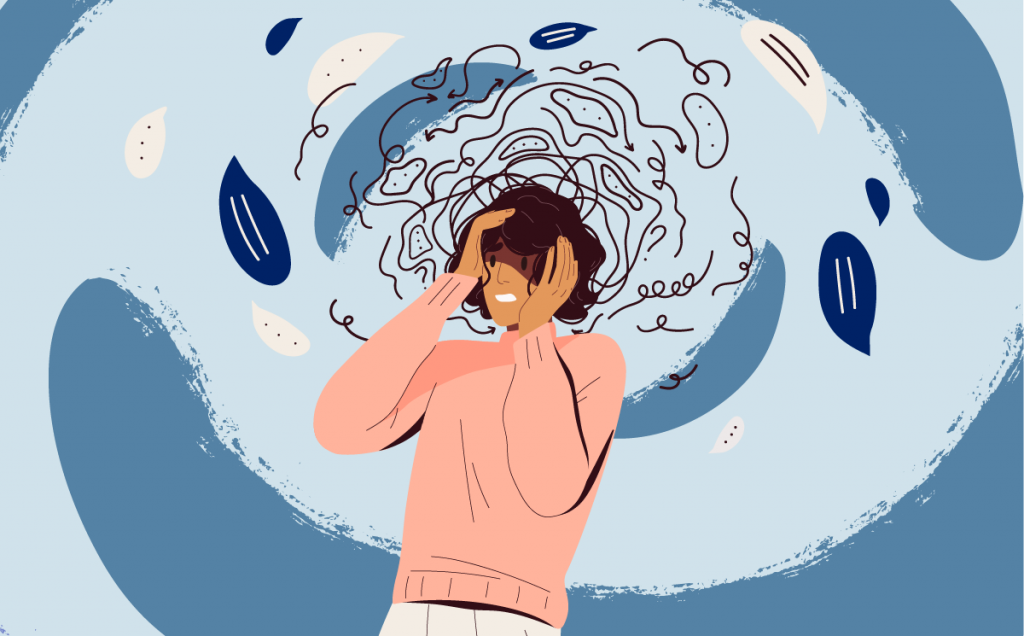
By Katherine Miller
Anxiety is powerful. I was well into my fifth decade before I realized it wasn’t going to kill me. Seriously, I was in my 40s before I stopped doing whatever it took to stop feeling anxious and made more proactive (rather than reactive) choices.
Obviously, parties in conflict feel anxiety. Anxiety, fear, outrage, betrayal . . . among other challenging emotions almost define how we think about parties in conflict.
Today, I am thinking about the anxiety of the mediator or Collaborative professional. I have been thinking lately that our own anxiety can sometimes (dare I say often) lead us to act reactively rather than proactively.
Sometimes we sit in the mediators chair and we worry about something. For example, we worry that we are going to have to deliver some bad news about “the law”; that the parties will reach “impasse”; or something will come up that we do not know how to handle. When we have that worry and are not fully aware of its impact on us then it has a hold of us much the way unrecognized judgment does. We stop seeing what’s happening in the room; instead we are distracted by our own anxiety. That anxiety can influence what is happening either by distracting us from seeing what is there in the room for them or causing the parties to become focused on what is important for the mediator.
In a Support and Development class recently, we discussed a case where one party came in with a view of the law that is very different from the mediator’s. Unanimously, the class had a concern about how to deliver “bad news” to one party without caucusing. That worry – “what happens if I have to tell one party ‘bad news’” – kept them from seeing the dynamic in the room. Once we broadened our view of the situation, many more options came into play to help the parties through that difficult moment.
I think about this all the time when I am working with people. How is my own anxiety playing here? Much like judgment, I think if we can identify our own concerns, our own worries, etc., we have a much better chance of acting proactively rather than reactively. It may be uncomfortable but it won’t kill us.
